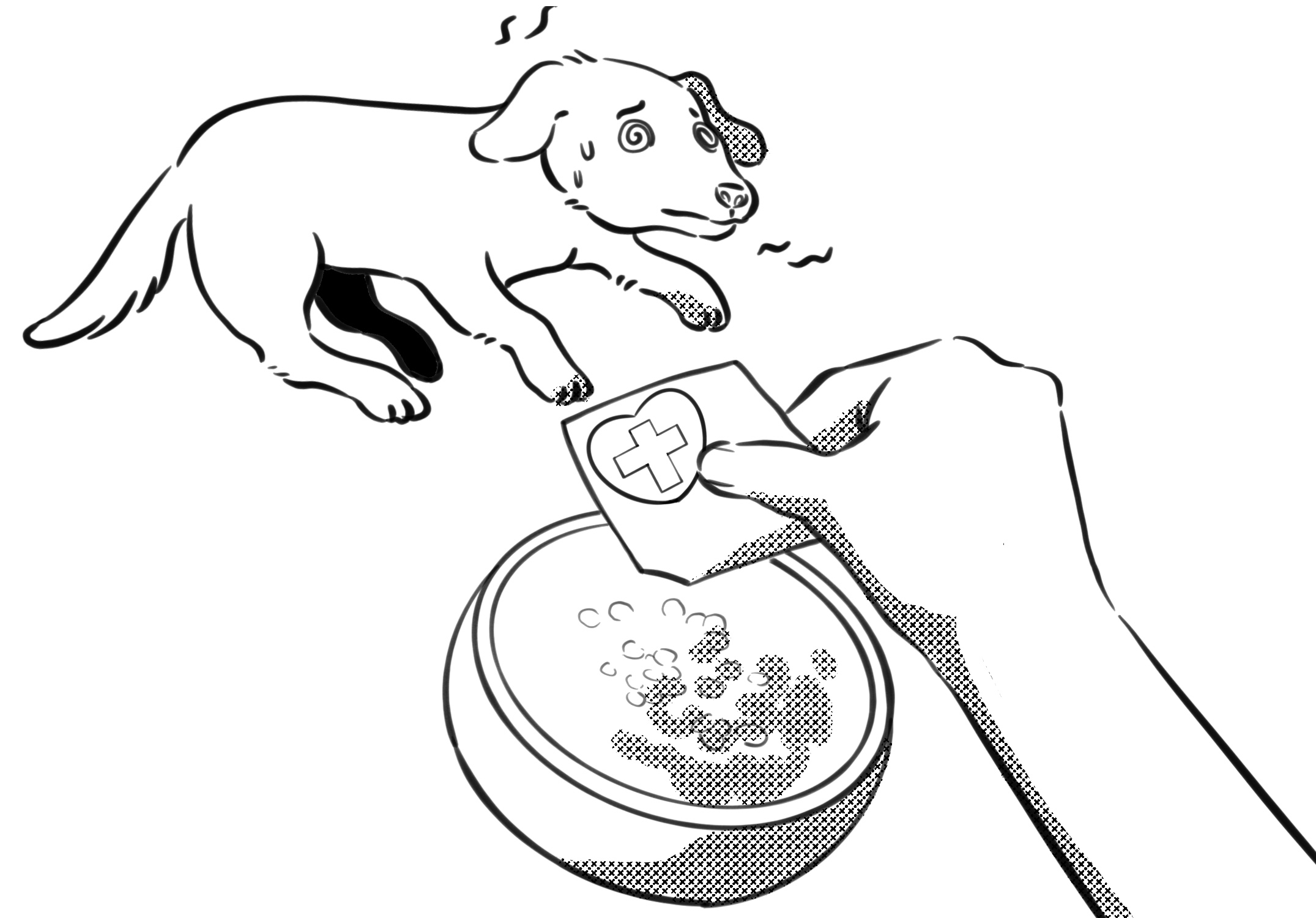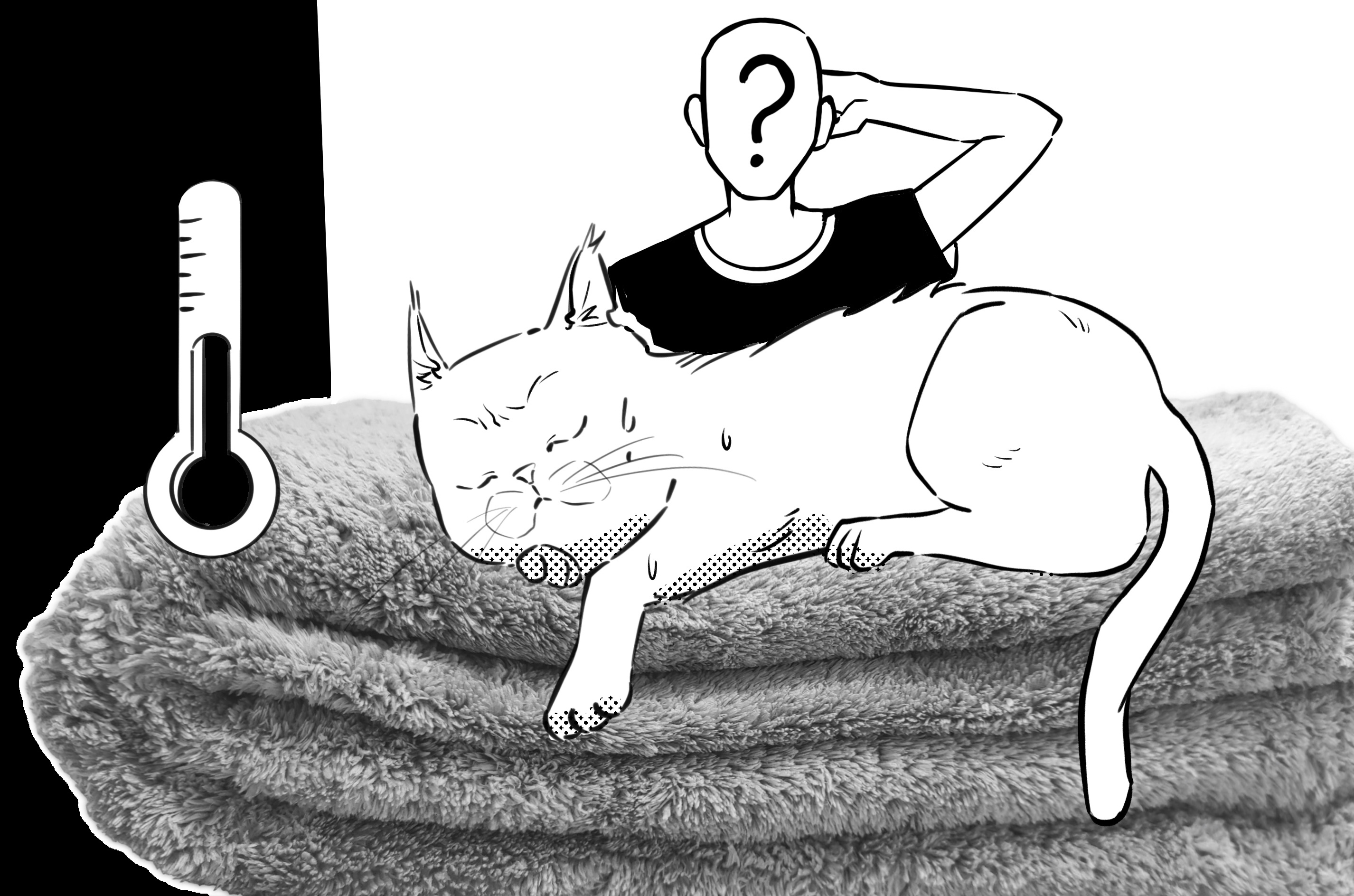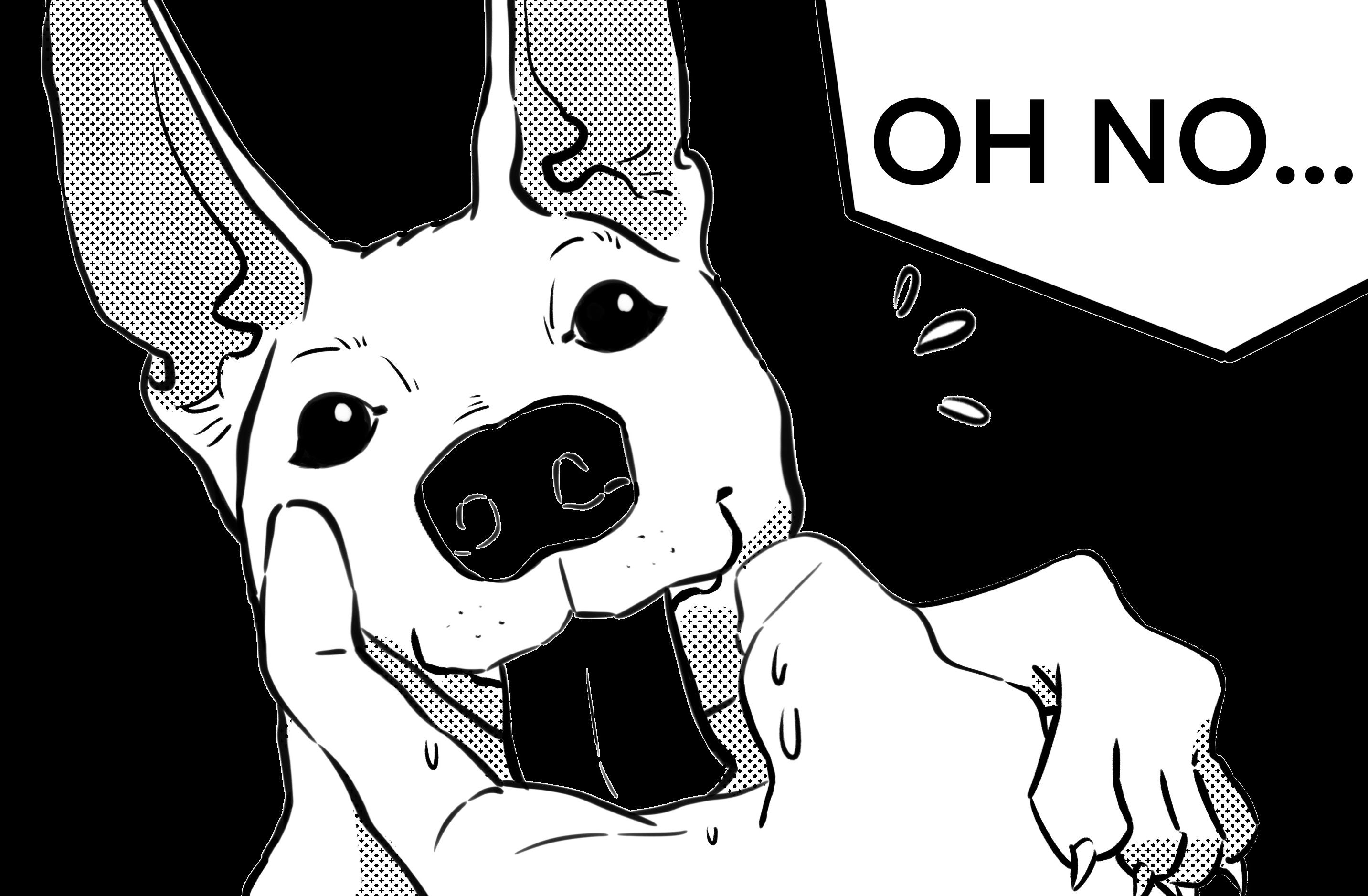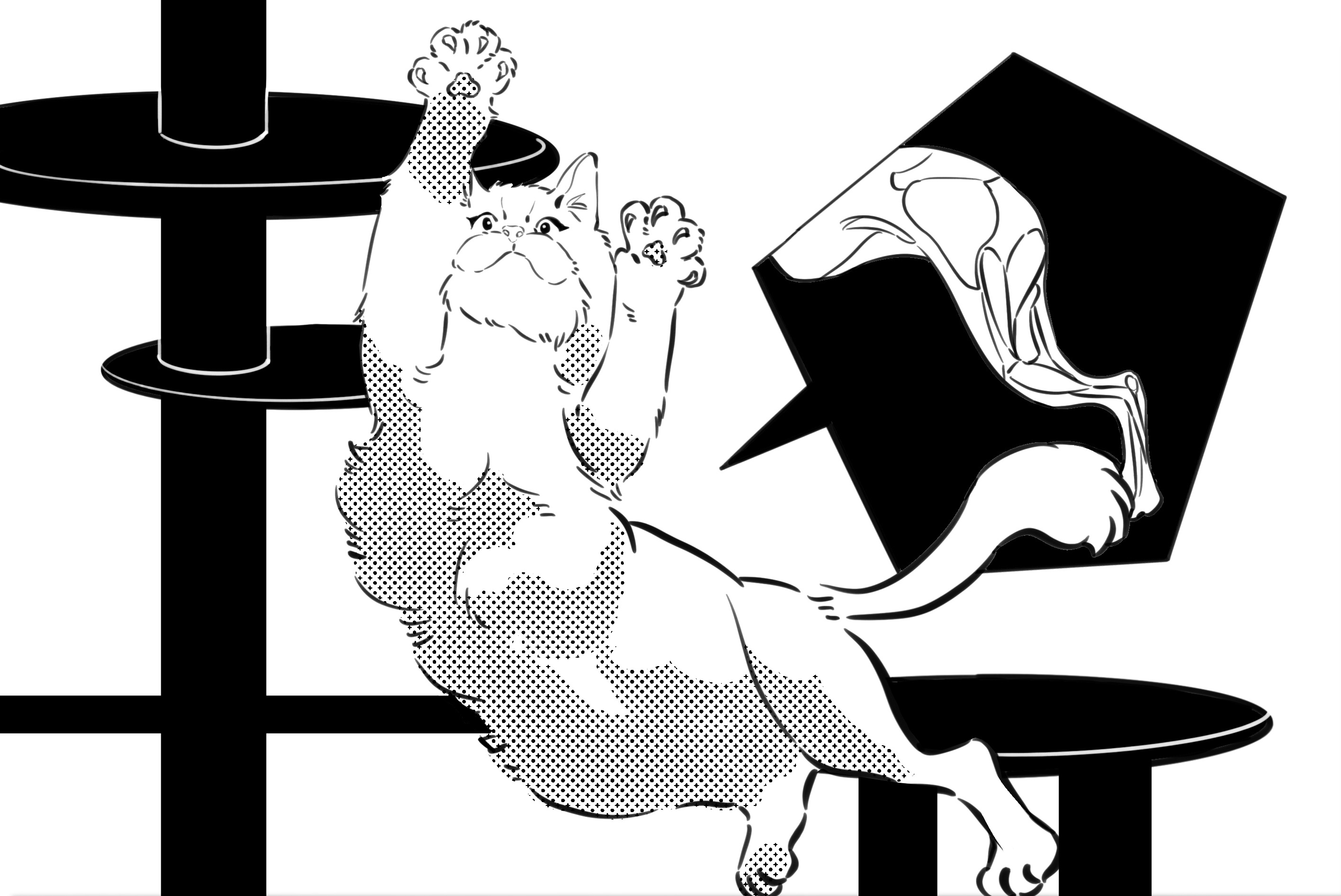How to Help Your Dog when they Get Diarrhea
Part of being a dog parent means having to deal with poop. Loose stools are more difficult to handle than solid ones. Some dogs naturally have softer poop, but diarrhea is when it is unformed, maybe even liquid stool. It normally happens more frequently than a regular bowel movement and in larger amounts than your dog normally has.
Diarrhea in dogs is not normal. If you notice a huge change in their poop consistency and regularity, it’s best to have your vet examine your dog. Diarrhea in dogs may not be serious in itself, but it can be a sign of more serious problems. It can also cause dehydration, which can lead to serious health issues.
When to See a Vet for Diarrhea in Dogs
Sometimes, you might be able to help your dog feel better at home. However, diarrhea in dogs can mean serious health problems, so it’s best to take them to the vet for a checkup. If your dog shows any of these symptoms,
take them to a vet immediately!
· Signs of lethargy.
· They stop eating or drinking.
· Can’t keep water or food down.
· Frequent very runny diarrhea (every hour or two).
· If diarrhea lasts for several days.
· Blood in the poop.
· Poop turns black or dark red.
It can be hard to keep your pup clean, but if your dog has diarrhea, collect a fresh stool sample to take with you to the veterinarian. Use gloves to gather the poop, then place it in an airtight container. You should try to do this whether you schedule a visit or you’re going for an emergency visit.
Managing Diarrhea in Dogs at Home
If you can’t get your dog into an appointment with the vet immediately, a bland diet can help their stomach feel a little better. Feeding them a bland diet isn’t a cure for diarrhea in dogs. However, a bland meal will be easier for your dog to digest. Think about when you are sick, and you eat dry toast or crackers with soup.
Feeding your dog three or four small meals a day can allow the intestine to digest foods and absorb the water they need. Smaller meals also reduce how much the colon has to handle at any one time, which can help reduce diarrhea. Here are some tips for a bland diet.
Commercial Diets for Sensitive Stomachs
Your vet clinic should have a commercial diet for sensitive stomachs for both puppies and adults. There are also prescription diets that are made specifically for dogs with diarrhea. These typically work the best and some contain electrolytes. Pet stores may carry sensitive stomach diets, but they are not as well formulated.
Homemade Options for Diarrhea in Dogs
Prescriptions are the best, but if you can’t get to the vet, you can try a homemade option. The easiest one to make is boiled hamburger with white rice. Do not use any oils or butter and make sure all the fat is drained off the meat. Mix 2/3 rice to 1/3 hamburger.
DO NOT withhold food from puppies under six months of age. Puppies can more easily develop low blood sugar when fasting. Don’t ever withhold water from a dog with diarrhea.
What to Give Dogs with Diarrhea
Along with a gentle or bland diet, there are some over-the-counter supplements that can help soothe your pup’s rumbling tummy. Of course, these are not to be used as a substitute for veterinarian care. While you are waiting to speak or see your vet, you can give these a try.
Probiotics for Dogs
Probiotics help support healthy digestion due to the live bacteria that it contains. The most effective probiotics are supplements that can come as a chewable treat, capsule, or powder you can mix with food.
Prebiotics for Dogs
Prebiotic fibers are food for beneficial bacteria that keep the intestines, or guts healthy. These are combined with probiotics, or they may be in some of the commercial foods for sensitive stomachs.
Avoid These Medications When a Dog Has Diarrhea
Unless your veterinarian tells you to, don’t give these medications to your dog to treat their diarrhea.
· Imodium. This medication can cause toxicity in some dogs. If a dog has underlying intestinal infections or diseases, it can make their diarrhea worse.
· Pepto-Bismol or (Human) Kao Pectate. These medications for humans contain bismuth subsalicylate. This is a substance similar to aspirin, which can cause some dogs to experience gastrointestinal bleeding.
If your dog is currently taking medications or has any underlying disease, be sure to check with the vet before starting any home treatments. Always take your dog to the vet as soon as possible for a professional diagnosis and treatment options.

About the Author: Hazel
Hazel is the head engineer at Pawer Lab. He develops and tests the latest pup-focused inventions for the Pawer Lab. He is passionate about enjoying the small things in life. The border collie’s hobbies include riding in the car, stalking the mailman, and fetching tennis balls.
Recommended for you


